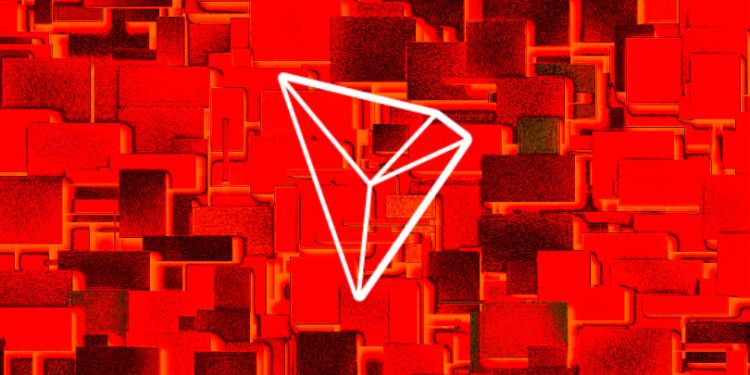Tron says it’s new proprietary blockchain has reached around 1,200 transactions per second.
The new number is 80 times faster than Ethereum, and was revealed by Tron founder and CEO Justin Sun in a tweet touting the potential of Tron’s acquisition of BitTorrent.
TRON is 80 times faster than Ethereum. With 14 years of experience, @BitTorrent is providing a world-class service to 100 million users in 138 countries. Add the two together and you get the largest and most advanced peer-to-peer network in the world! #TRONBT $TRX pic.twitter.com/EsQd34Vq4u
— H.E. Justin Sun ??? (@justinsuntron) July 27, 2018
By comparison, Ethereum’s speed is currently around 15 to 20 transactions per second.
Tron’s potential to perform a higher volume of transactions than Ethereum is centered on the fact that the platform opted to let its community elect a select number of individuals and companies called “super representatives,” which are essentially the nodes that will create blocks on the network, validate transactions and compete for its rewards.
The model of having a small number of high-performance nodes is distinctly different from Ethereum, which features a sprawling network that allows anyone to spin up a node. Currently there are more than 13,000 Ethereum nodes online that independently record the platform’s decentralized ledger and give the network a lot of security.
[the_ad id="42537"] [the_ad id="42536"]However, since all Ethereum nodes are needed to process a single transaction, the network has an inherent limit on the number of transactions it can process at once. Ethereum is working on scaling solutions such as sharding and plasma to boost its transaction speed. Creator Vitalik Buterin says it will likely reach millions of transactions per second in the future.
Tron has made many promises on just how high its transaction speed will reach. In April, Sun declared Tron will hit 10,000 transactions per second, and in June, the company said it had achieved 2,000 transactions per second during internal tests of its network.
Tron officially left its roots as an Ethereum-based token and launched its own network late last month.





